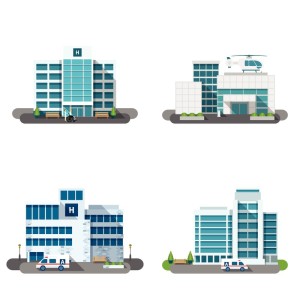A week after Hurricane Maria devastated Puerto Rico, we are hearing that this United States territory is facing a humanitarian crisis. That is a phrase we have all heard before about poor countries in other parts of the world – it could be the result of a natural disaster or a civil war. A crisis like this saddens us, but it’s usually so far away, and we just move on.
of the world – it could be the result of a natural disaster or a civil war. A crisis like this saddens us, but it’s usually so far away, and we just move on.
What is a “humanitarian crisis”? Wikipedia defines it as “a singular event or a series of events that are threatening in terms of health, safety or well being of a community or large group of people”. Another way of saying it – when the basics of life are unavailable – food, water, transportation, healthcare, and communications.
Puerto Rico is us, yes US. It is not somewhere far away. It is 1000 miles from Miami. 3.5 million people live in Puerto Rico. It is 3 times the size of Rhode Island – in square miles and in population.
Less than 50% of Puerto Ricans have running water. The entire island is without power, the power grid has been destroyed. Only 29 of 69 hospitals on the island are operational. Hospitals still open are running on generators and quickly running out of fuel. In the capital city of San Juan, 2 people on life support died when their hospital’s generators ran out of diesel.
Interviews with San Juan Mayor Carmen Yulin Cruz on MSNBC brought this home. She could not have been more articulate in her plea for federal help. As she talked about the dire situation and the reality of hospitals running out of power, she described them as places to care for and heal people, not to be death traps.
Luis Guiterrez, U.S. Representative from the Illinois 4th congressional district, whose parents were born in Puerto Rico described in vivid terms what the elderly are going through there. He asked us to think about what it would be like for our own elderly parents who may live alone. What if they didn’t have access to food or water and they needed insulin. He called for the U.S. military to go in and quickly set up a power and communications infrastructure as we know they can and do in wartime.
The USNS Comfort is larger than many of the largest hospitals in this country with 1000 beds. Continue reading




